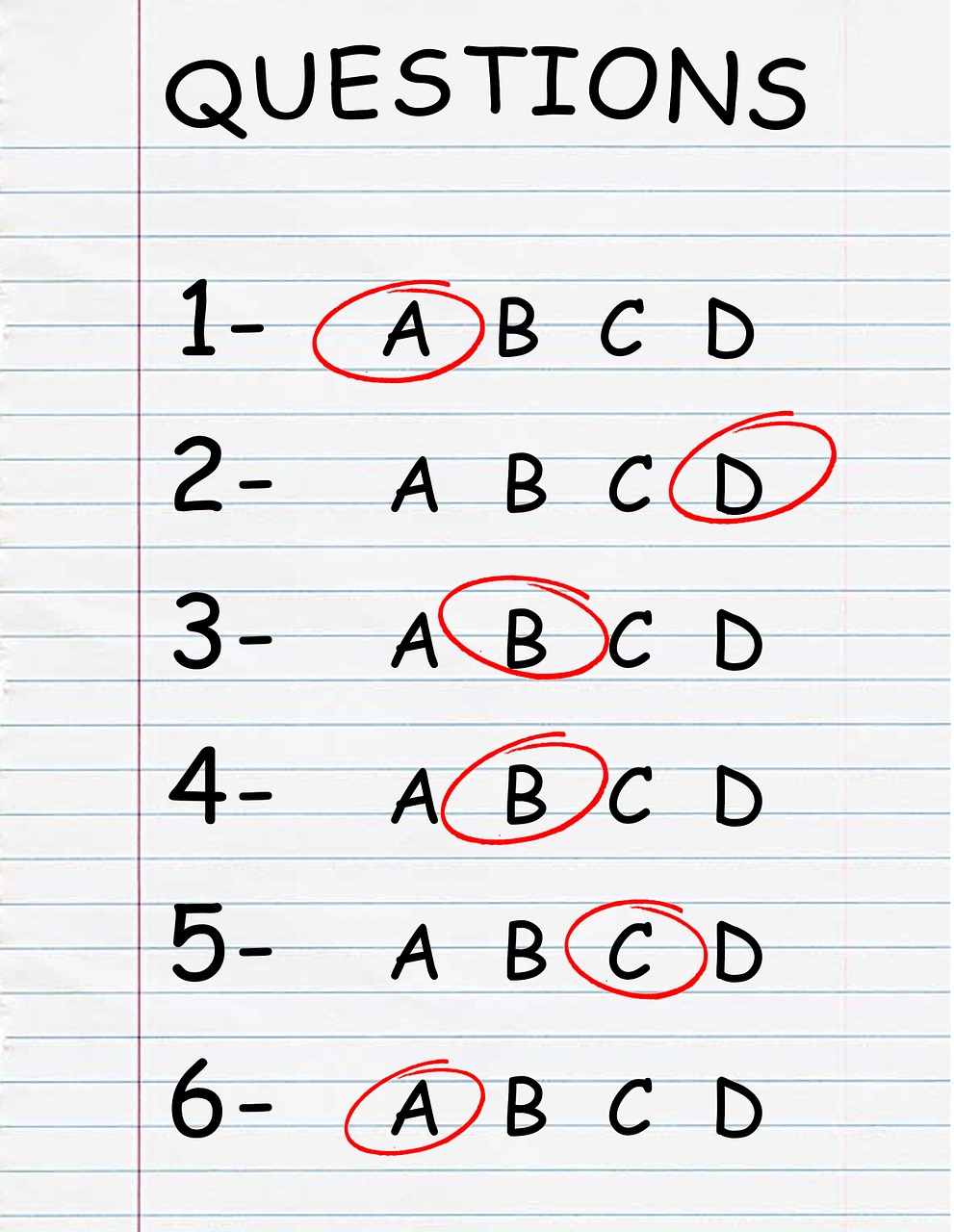
I can still remember these words, “All you need to do is to study and attend your rotations. If so, you will pass the core radiology examination.” And also, “Residents should not need additional time off to study for the test. They get all the time they need.” Lawrence Davis, MD, the former head of the Radiology Review Committee (RRC), stated these comments with confidence at an Association of University Radiologists (AUR) meeting a few years back. According to the recent article in Aunt Minnie, ARRS: Residents who passed Core Exam valued test prep; nothing could be farther from the truth.
Here is a direct quote from the article, “survey respondents who passed the Core Exam and got a higher overall score used a greater number of test-prep resources, had more time off to study, and had higher U.S. Medical Licensing Exam (USMLE) Step 1 scores (240 versus 221) compared with residents who scored lower or failed.”
Based on this new information, this group entirely invalidated the former RRC head thoughts in one fell swoop. Furthermore, the data stands directly against the ABR mission to create an exam to test basic competency. Now, the evidence to support my theory in a previous article about the new test is live and “in the flesh.”
But, I am going to take it one step further. The results of this new study signals that the ABR needs to revamp the entire radiology core examination once and for all. And, let me tell you why.
The Core Radiology Examination Is Not Based On Practical Knowledge
One of the stated goals of the ABR is to demonstrate competency of recent radiology graduates. But, how can the ABR test those stated goals if the core exam performance depends on residents needing more study time? All the knowledge that they need should come from day-to-day studying and working alone, not from taking additional time off to study.
Additionally, a medical career examination should test for baseline competency, not test-taking skills or superfluous facts. If you need to buy all these supportive test-prep resources, then you are testing for more than baseline competency. In reality, you are checking for skills outside of the purview of radiology, the ability to take a test. Who do you want to hire a good quality worker/radiologist or a great test-taker?
We Are Supporting The Test Taking Support Companies At The Residents Expense
Once again, the resident is an afterthought when it comes to all the fees that we make them pay. The typical resident has to shell out thousands of dollars to the ABR. And then, the ABR forces upon them the indignity of paying for additional test prep resources on top of everything else. Whether it is books, courses, online question banks, or index cards, each dollar spent on these resources adds to the enormous debt of the typical radiology resident. When are they going to start thinking about the needs of radiology residents?
Now, there are traditional resources such as subspecialty books that residents can and probably should buy. But, are we helping residents by having them pay for the additional resources to pass a test that does not measure what the ABR intends. Who finally wins out in the end? Well, the test taking companies, of course. They earn hundreds of thousands of dollars on the backs of indebted radiology residents.
Let’s Stop Playing Games Once And For All!
The ABR needs to stop deluding themselves that the core exam serves the purpose that the organization had expected. The evidence against the utility of the test is now officially on the table. Let’s now start the process of creating a new examination that works as intended. Back to the drawing board, folks!













